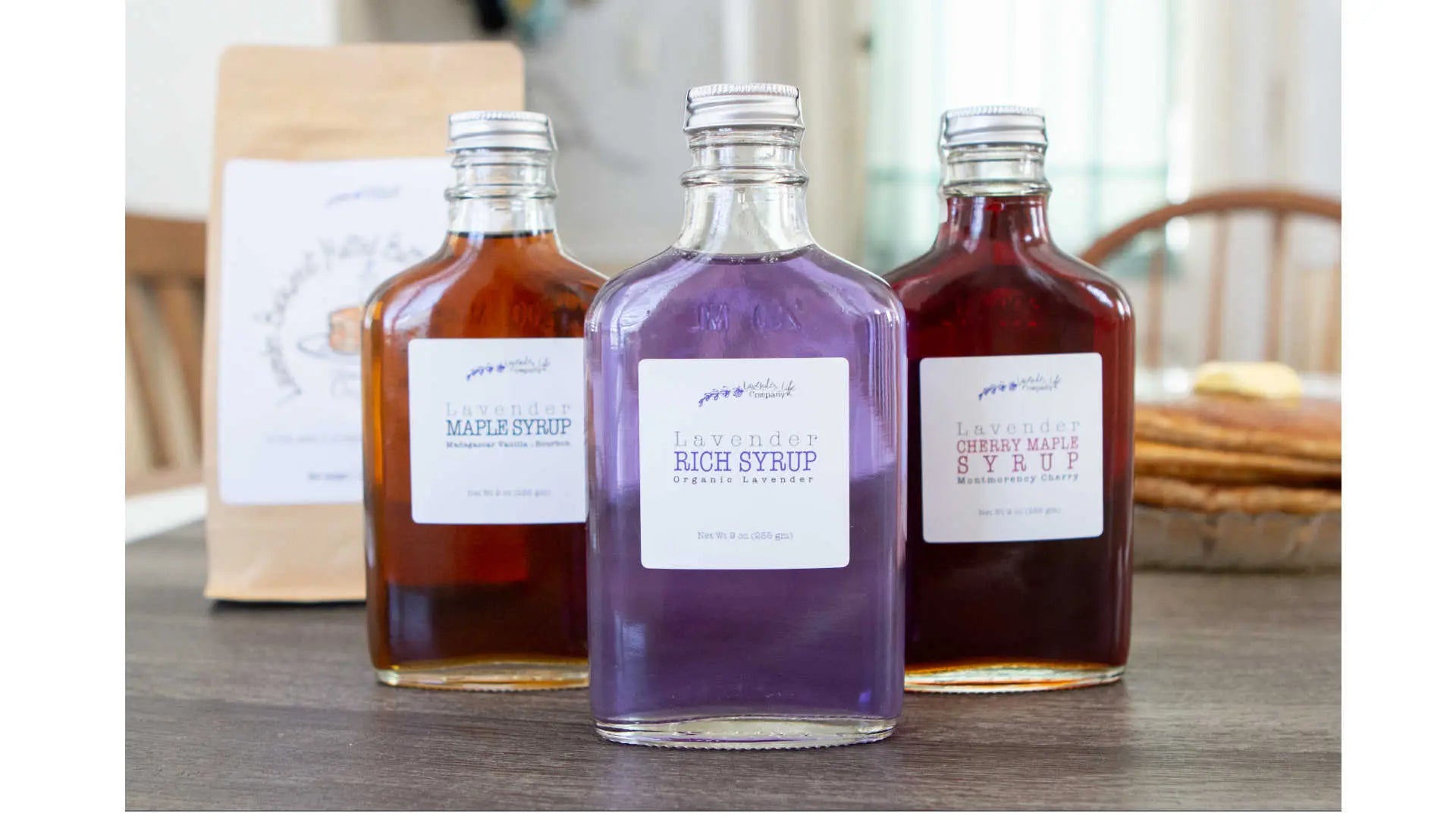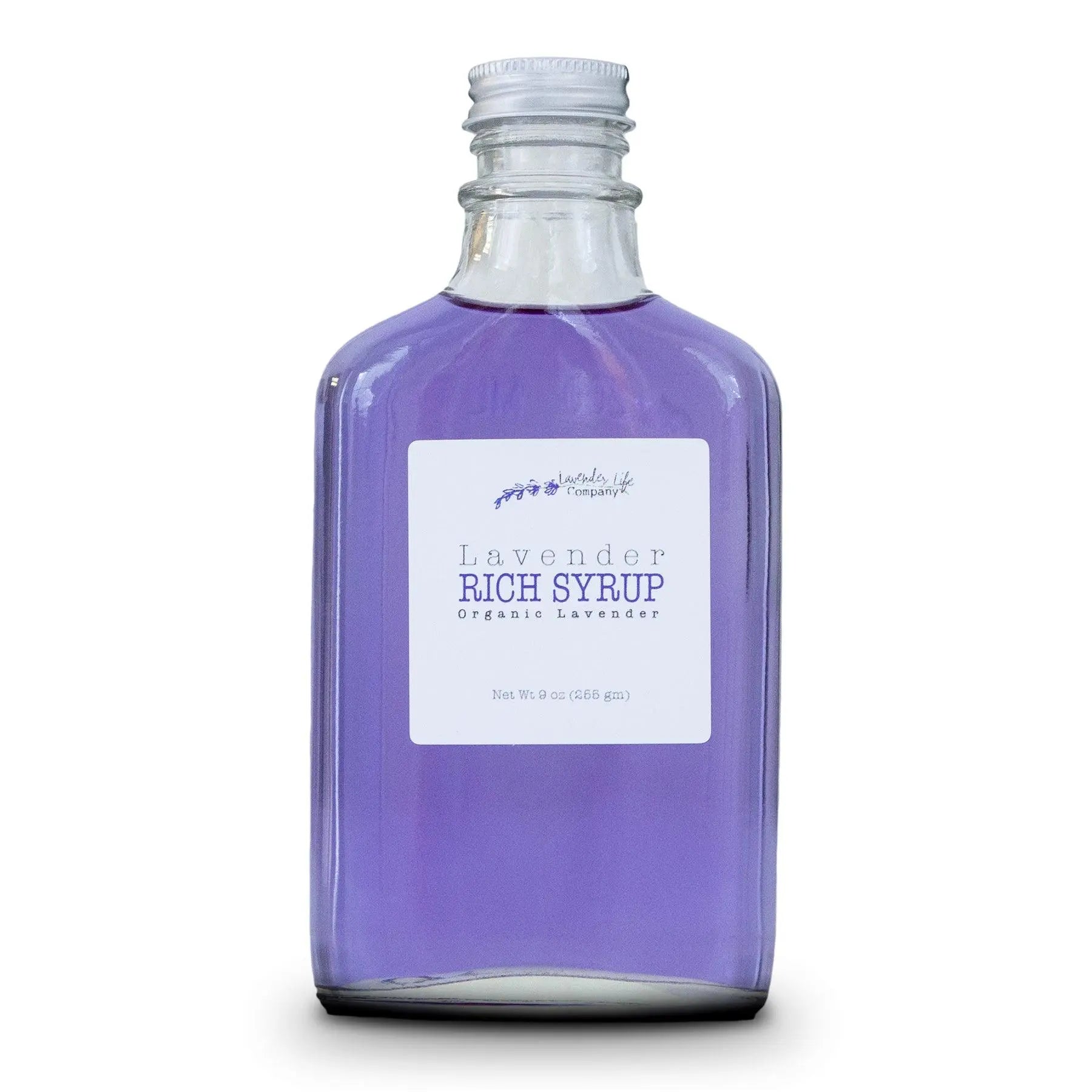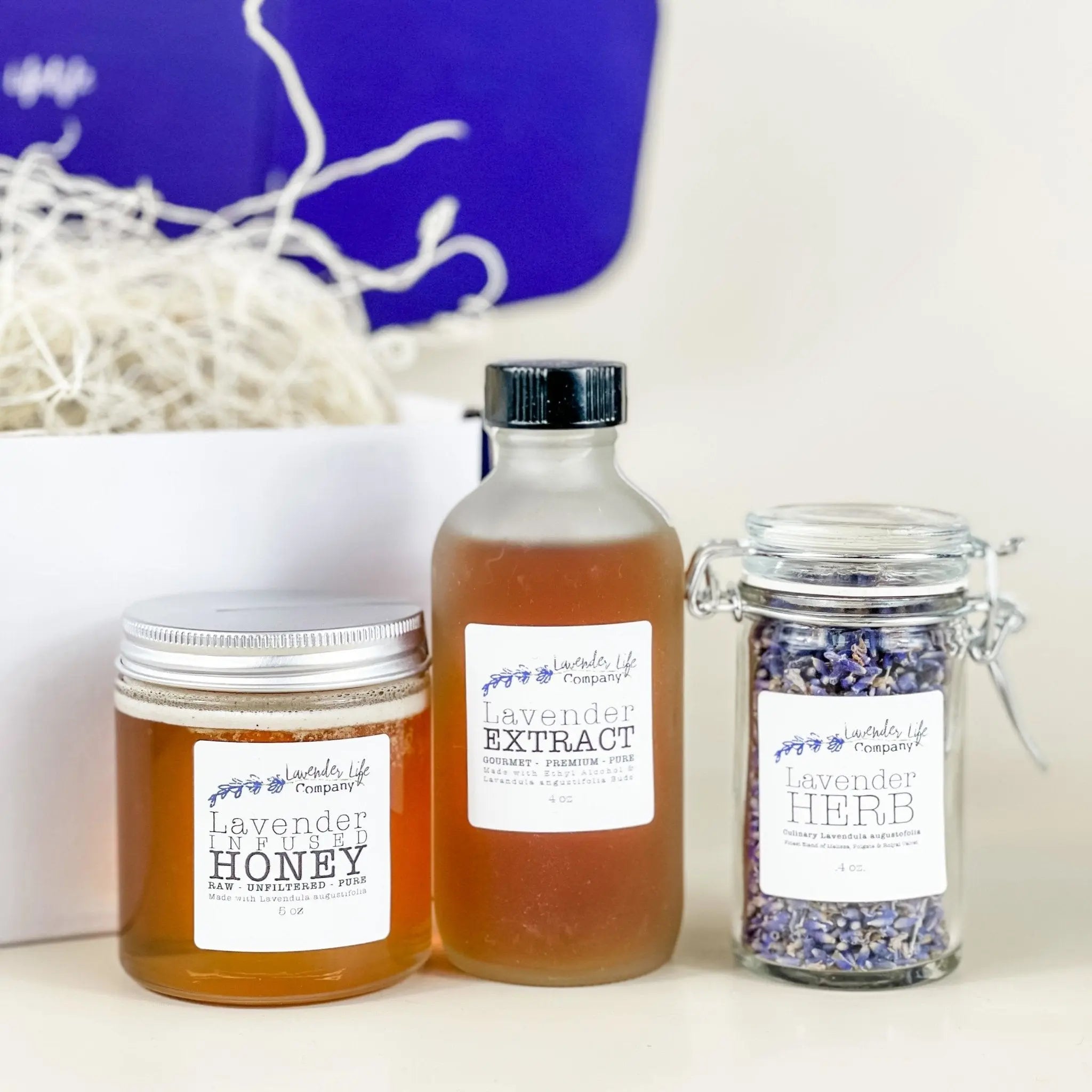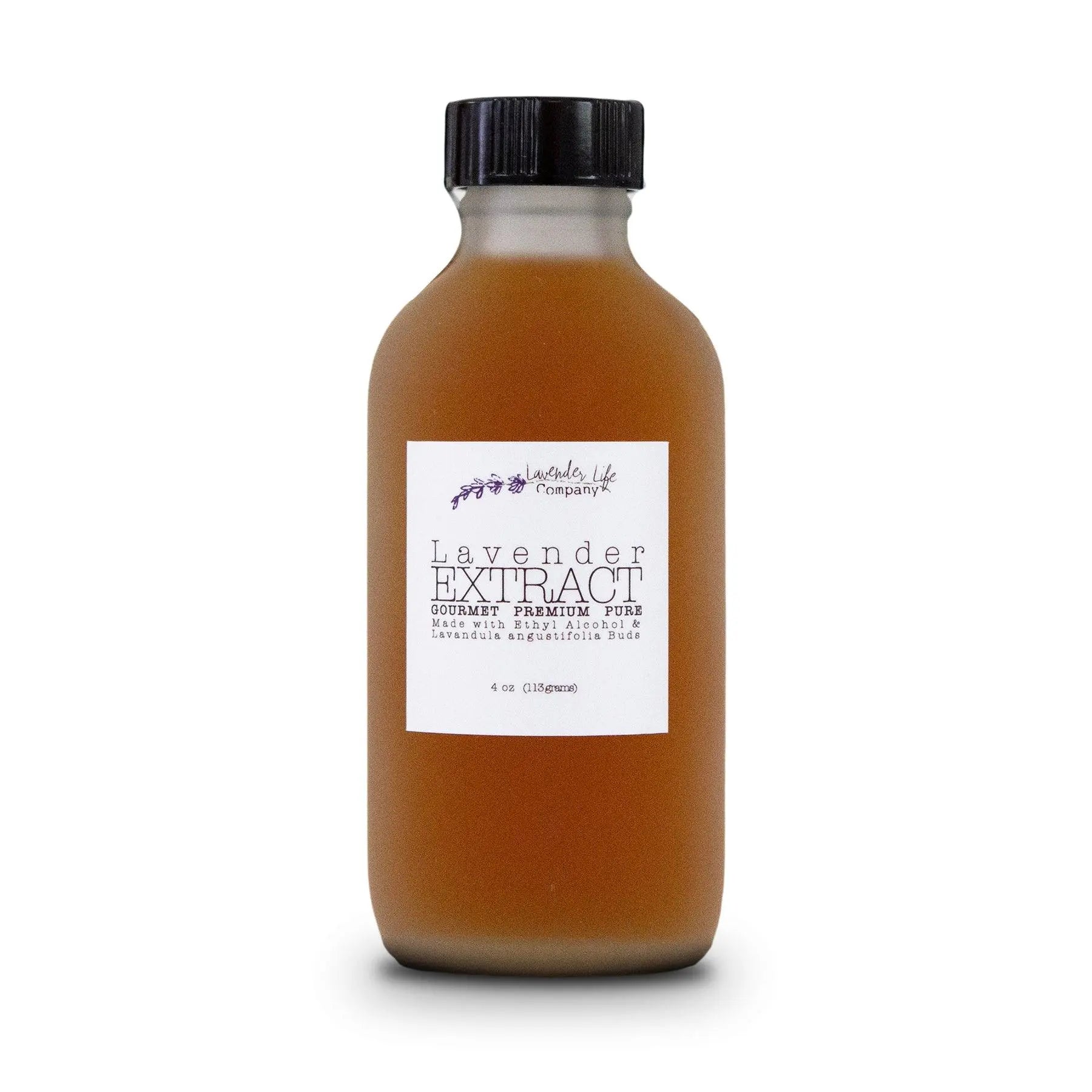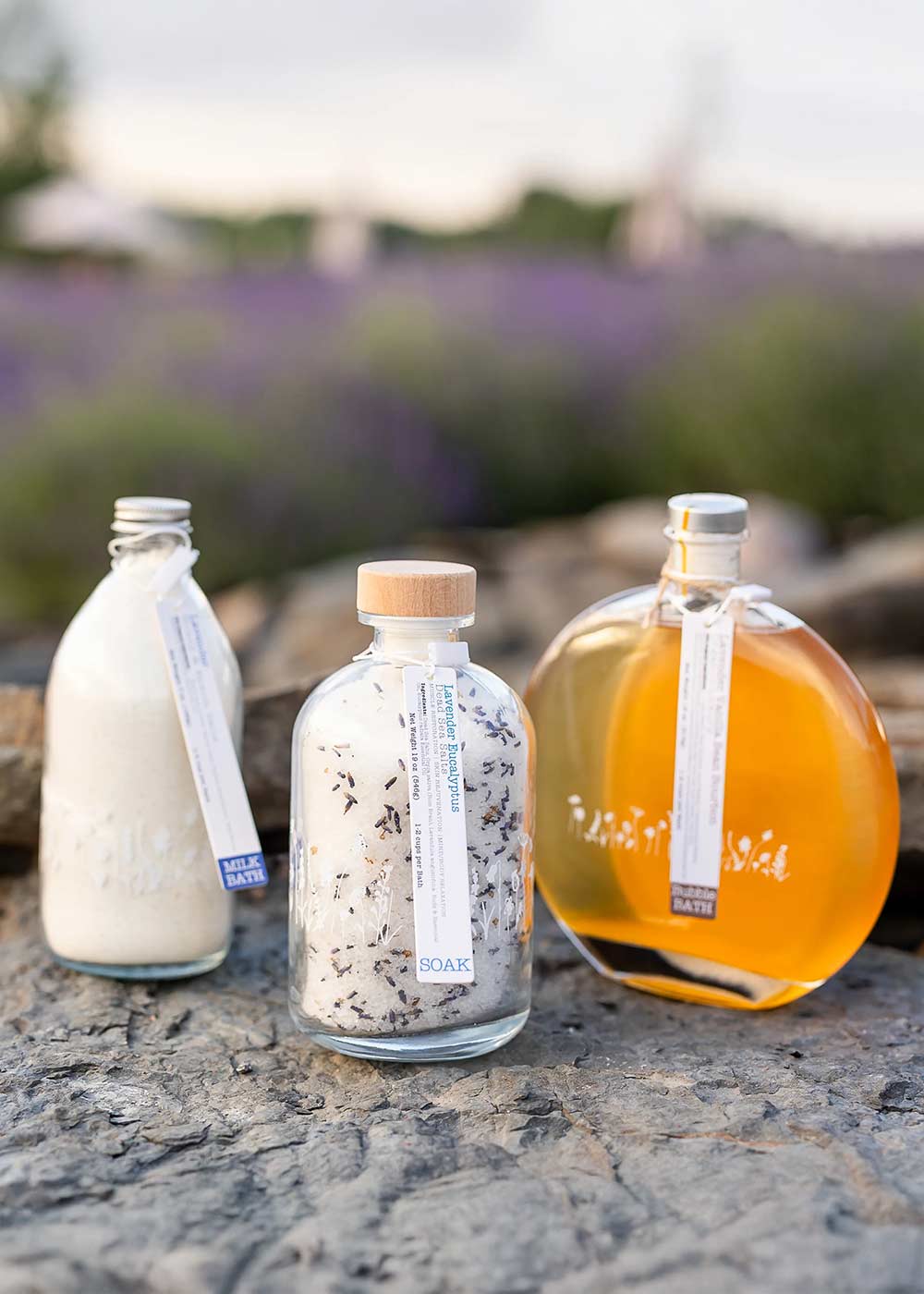Essential Post-Surgery Skincare - How to Protect Your Skin and Eyes After Medical Procedures
Photo by Marc Schulte on Unsplash
When you undergo surgery on your face and eyes, you will need to take care of your skin in these areas. Why? Scarring from surgery leaves cuts–big or small–on your face, exposing it to bacteria. The skin in your face and eye area is the most delicate because they are thinner and more prone to irritation and complications after surgery. Recent medical studies have shown that following a carefully tailored post-operative regimensupports healing and optimizes long-term results. In this article, we’ll discuss how protecting and nurturing your skin during this sensitive period becomes crucial for a successful recovery.
The Science of Post-Surgical Skin
The protective barrier around your skin becomes temporarily compromised when you undergo surgery. Surgical procedures creates an “opening” in your barrier (skin) from the incision or laser procedure. During this time, your skin will take longer in protecting itself from irritants and other factors.
Your body identifies the surgery as an injury. In response, it triggers inflammation to start the healing process. This is when you’ll notice notice redness, swelling or sensitive in your face or eye area. This is normal, but you would have to be more careful as inflammation also makes your skin more fragile. You’re more likely to get irritation with inflammation.
The time of your healing varies significantly depending on your procedure. LASIK patients, for instance, experience a unique recovery trajectory focused primarily on the eye area, while other facial surgeries might require a more comprehensive approach to skincare.
One of the safest way to support your post-surgery healing is through opting for natural solutions. There are many natural options to choose from. Some of the best ones are aloe vera, manuka honey, coconut oil, and turmeric. Another forefront of natural solutions for healing is lavender. Scientific research has demonstrated lavender's impressive anti-inflammatory properties, with studies showing effects comparable to certain corticosteroids in reducing inflammation. In fact, essential oils made of lavender have many benefits. These natural properties make it particularly valuable during the sensitive post-operative period.
Photo by sydney Rae on Unsplash
Many of us know lavender as a fragrant flower. That is why it’s become one of the most common scent for household fragrances–from scented candles, soaps, handwashes, and more. We also often find it in oils recommended for relaxation and falling asleep. But theuse and benefit of lavender is so much more than just its scent.
Lavender actually contains antioxidants and anti-inflammatory compounds that reduces:
It also boosts the production of collagen and regeneration of cells. They are go-to for healing wounds. All you have to do is use diluted lavender oil and apply it to the affected area around your skin or eyes. You may also use lavender-infused creams and lotion made from all-natural ingredients.
Essential Guidelines for Recovery
Special Considerations for Eye Surgery
After eye surgery, particularly LASIK, patients must exercise extra caution with their skincare routine. Whether you're exploring LASIK surgery options here in Michigan or have already scheduled your procedure, understanding these guidelines is crucial to recover well. Heavy creams and eye makeup should be avoided for at least the first week post-procedure, as they can migrate into the eyes and interfere with healing. The skin around the eyes becomes particularly sensitive during recovery, making gentle care essential.
Sun protection emerges as perhaps the most critical aspect of post-surgery skincare. Healing skin shows increased susceptibility to UV damage, which can lead to irregular scarring and hyperpigmentation. Even on cloudy days or during indoor activities, using a broad-spectrum SPF 30 or higher becomes essential for protecting your healing skin. Clean skincare products are free toxins.
Creating Your Recovery Routine
After surgery, you might find your skin more sensitive than usual. That’s normal. Build your recovery routine by being gentle. Rushing into it–like using harsh products or speeding up the healing process–could lead to delaying the process even more or damaging your skin. When you start small and simple, you can also lessen the likelihood of complications and irritation.
Noticing your skin feels dry? Your post-surgical skin dries very quickly. Hence, you must diligently bring back moisture to your skin and eye area. While you want to make sure the area around your skin and eye is clean to avoid infections and irritation, you also won’t want to use harsh chemicals that will strip away your skin’s natural oils. Furthermore, products labeled as “deep cleansing” are often too harsh, so stay away from those until your skin feels fully healed. It’s also best to go for fragrance-free and pH-balanced formulas.
Professional Guidance and Support
While these guidelines provide a foundation for post-surgical skincare, remember that every patient's recovery journey is unique. Working closely with your healthcare provider to develop a personalized post-surgery skincare routine becomes essential for optimal results. They can provide specific guidance based on your procedure and individual healing progress.
Creating a Supportive Environment
Healing goes beyond what you apply to your skin or you. Something you might miss but is equally important is the space where you’re recovering. What surrounds you plays a huge role in helping you recover faster. Creating an environment that helps you relax will help your body heal itself.
Recovering from surgery isn’t a fast process. You will need patience and care. But it also doesn’t have to be difficult or take too long if you follow these guidelines. Healing takes time. Allow your skin and body to fully recover by giving it the TLC it deserves.


